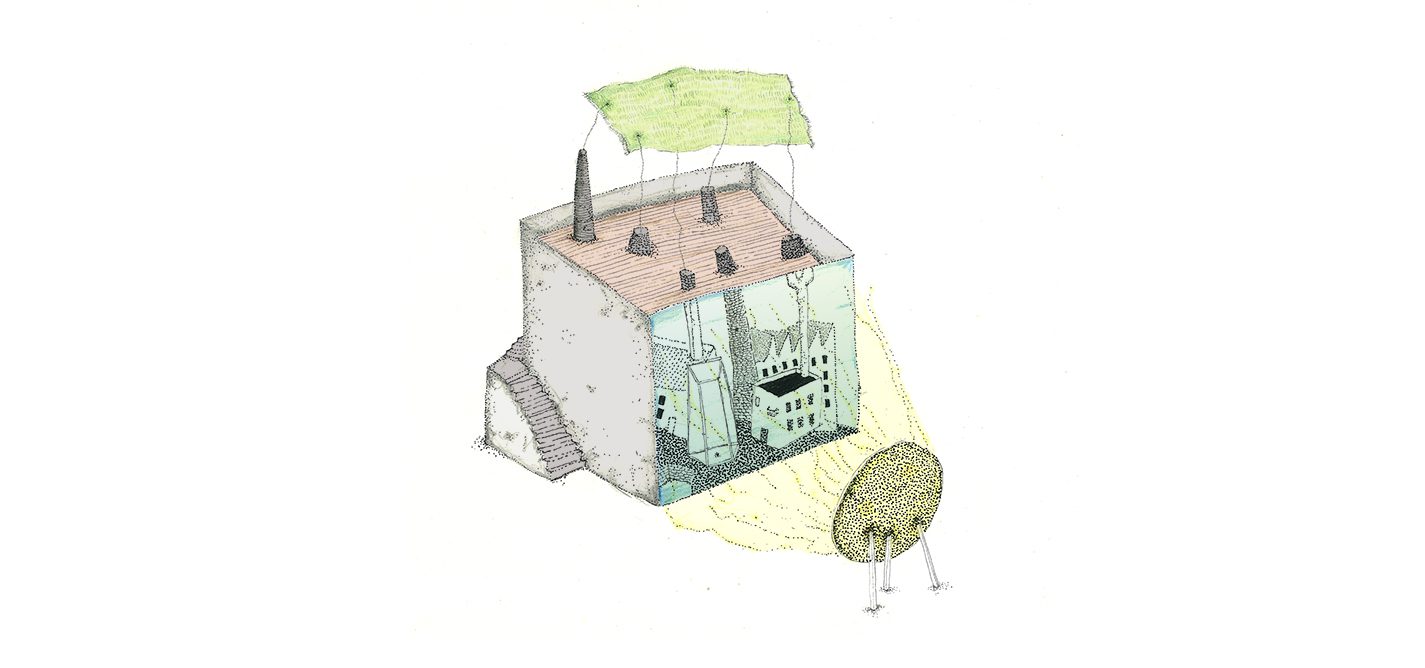
The recycling reality
Kosovo's green dreams remain on the back burner — for now.
The dire state of Kosovo’s recycling capabilities is also highlighted by the World Bank in its Country Environmental Analysis, which states “Kosovo lacks proper waste management for virtually all solid waste types (domestic, industrial, healthcare and hazardous).” This is further compounded by the fact that “data and accessible waste-information systems are paltry.”
Ultimately, however, Kosovo can benefit from its own environmental richness. Anyone who leaves its urban centers can attest to that, and the country’s natural beauty could be the trigger to placing Kosovo on a sustainable path forward.

Chris Wilson
Chris Wilson is the research and analysis director at the Dr. Alon Ben-Meir Institute. He has a master’s degree in international affairs from The New School in New York — writing a thesis on social movements in Kosovo — and a BA in politics from Ithaca College.
This story was originally written in English.